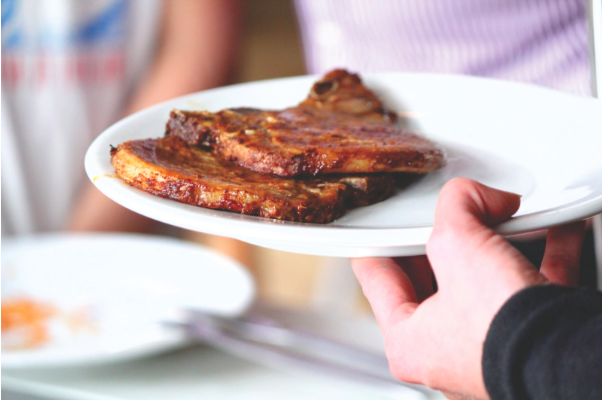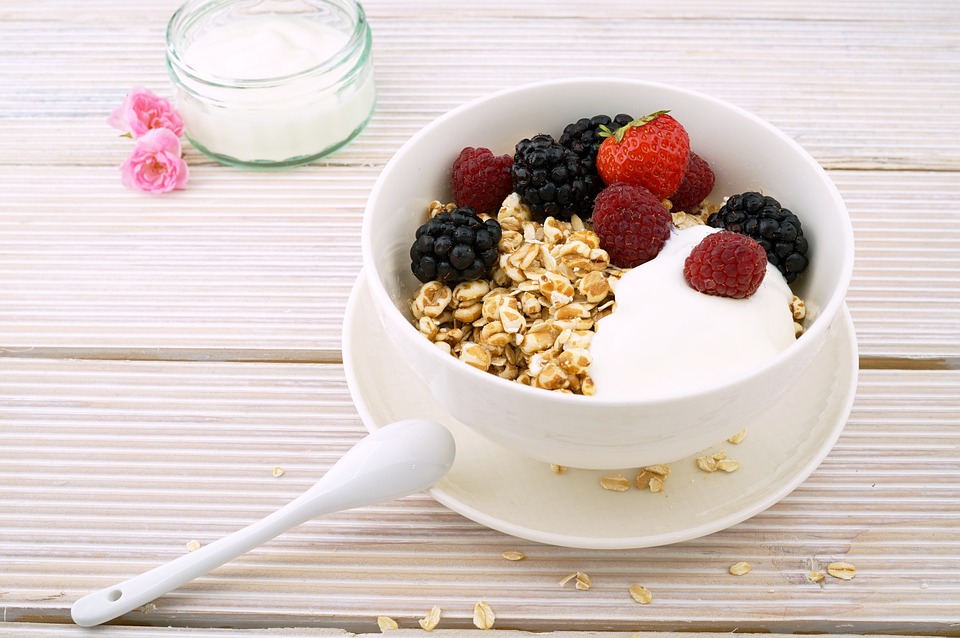Ketosis, a metabolic state of enhanced fat burning, is the main goal of the ketogenic diet. Once you achieve this metabolic state, you can consider your dieting attempts successful. But for the keto diet to work in the long run, you want to maintain ketosis for as long as necessary to achieve your goals. Here are 7 proven tips to help you stay in ketosis.
1. Monitor Your Carb Intake
For long-lasting ketosis, your carb intake needs to be below 50 grams net carbs a day on average. To keep your carb intake this low, it’s important that you keep a close eye on the carbs in your food. You can use a diet tracker app to keep track of your daily carb intake while planning your meals also helps you stay within your daily carb limit.
2. Use a Keto Calculator
For long-lasting ketosis, you want to tweak keto macros to fit your specific goals, activity levels, and body composition. You can use our Keto Calculator to get your keto macros for the standard ketogenic diet. The calculator shows how much of each macro (macronutrient) you need in order to maintain ketosis and lose, gain, or maintain weight. All measurements are represented in grams for easy application.
3. Take MCT Oil Supplements
Keto diet supplements like MCT oil make staying in ketosis way easier. MCT oil is concentrated source of medium-chain triglycerides (MCTs), which are unique types of dietary fats. Studies show that these fats really do enhance ketosis [1]. You can get MCTs naturally from coconut and palm kernel oil, but they’re more effective when taken in their pure concentrated source.
4. Use Exogenous Ketones
Another dietary supplement that helps with maintaining ketosis are exogenous ketones. These can help you stay in ketosis when you accidentally eat too many carbs. There’s also evidence that taking exogenous ketones can help you maintain ketosis for up to 8 hours [2]. However, don’t rely solely on exogenous ketones for long-term ketosis. Most ketoers use them to correct dieting mishaps and some even use them to treat the keto flu.
5. Exercise Weekly
For your body to enter ketosis, it first needs to run out of blood sugar and then glycogen. Lowering your carb intake definitely helps achieve this, but moderate to high-intensity workout makes the process quicker. Weekly workouts help keep your muscle and liver glycogen stores low enough to help maintain ketosis. Moderate to high-intensity workouts are best for glycogen depletion and blood sugar control.
6. Eat Enough Fat
Fat is the most important nutrient on a keto diet. It’s the substance from which ketone bodies are made and is essential for maintaining ketosis. On a keto diet, around 65-80% of your calories need to come from this macro. That’s around 140 -170 grams of fat a day on a 2,000-calorie diet. Make sure that the fat you’re eating on a keto diet is high-quality and healthy. Essential omega-3 fats from fish, monounsaturated fat from olive oil, and saturated fat from butter are good examples. Avoid trans fats from processed foods as these are damaging to overall health
7. Be Careful with Protein
A common misconception about keto is that it’s a high-protein diet. In actuality, keto is a moderate-protein, high-fat, and low-carb diet. You should eat bellow 1 gram of protein a day per kilogram of body weight on keto in order to stay in ketosis. That’s because your body has the ability to turn any extra protein you eat into glucose via a process called gluconeogenesis [3]. Still, make sure you eat enough protein as this macro is essential for muscle building, tissue repair, enzyme production, and blood cell count.
Conclusion
Entering ketosis is an important milestone of keto dieting, but staying in it is even just as crucial. The longer you’re in this metabolic state, the greater the chances of success. Luckily, staying in ketosis is fairly simple once you know the essentials of going keto. From keeping your carb intake low to using keto supplements and workouts to enhance ketosis, there are many ways to help maintain this metabolic state of greater ketone production and enhanced fat burning.





